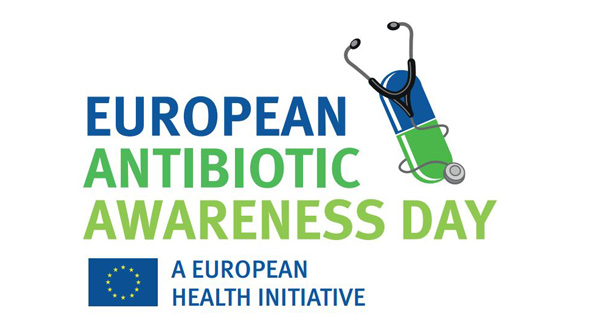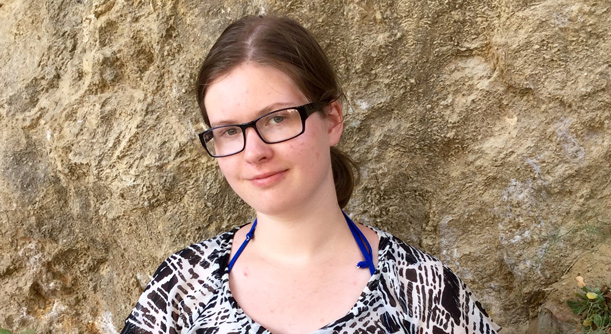Why is antibiotic resistance an important public health problem?
Treating infections due to antibiotic-resistant bacteria is a challenge: commonly used antibiotics are no longer effective and doctors must choose other antibiotics to treat infected patients. This may delay getting the right treatment to patients and may result in complications, including sometimes death. Also, a patient may need more care as well as alternative and more expensive antibiotics, which may have more severe side effects.
The European Centre for Disease Prevention and Control (ECDC) places a great emphasis on prevention of self- medication with antibiotics. Why is this such an important case for your organisation?
Several factors have been identified as being associated with the development of antibiotic resistance, and these include self-medication with antibiotics i.e. without consulting a doctor and getting a medical prescription.
Taking antibiotics when they are not necessary, for the wrong reason, possibly without the correct dose and dose intervals and for the wrong duration – all are factors that will contribute to the development of antibiotic-resistant bacteria and will compromise the activity of the same antibiotic later, for another infection.
According to ECDC, what are the main actions to prevent self-medication and antibiotic resistance?
ECDC has identified three main strategies to address antibiotic resistance: first: prudent use of antibiotics, second: good practices of infection prevention and control, and third: development of new antibiotics with novel mechanisms of action is essential, as resistance inevitably builds over time.
Proper use of antibiotics is the focus of the European Antibiotic Awareness Day (EAAD), a European health initiative coordinated by ECDC. Each year on 18 November, it provides an opportunity to raise awareness about the threat to public health posed by antimicrobial-resistant bacteria and to communicate about the importance of proper use of antibiotics.
This year, WHO organises its first World Antibiotic Awareness Week that will take place on 16-22 November. EAAD will partner with this global initiative by promoting proper antibiotic use across Europe, with a European event on 16 November in Brussels and by raising awareness through social media. Join us with #EAAD and #AntibioticResistance.
In your opinion, how patients and patients’ organisations can be involved in prevention of self-medication and antibiotic resistance?
We should all be involved, because we are all responsible. We or our children sometimes suffer infections and therefore we are potential users of antibiotics even though they are not always needed. For example, colds and flu are caused by viruses against which antibiotics are not active: therefore the EAAD slogan “Cold? Flu? Take care, not antibiotics”.
What would you recommend patients with chronic and long-term conditions to do in order to avoid self-medication and prevent antibiotic resistance?
National authorities have specific recommendations for patients with chronic and long-term conditions and these should be followed. For example, if the infection is severe, such as bacterial pneumonia, or necessitated by the patient´s condition, the doctor will prescribe antibiotics.
Certain patients should seek help of a doctor more quickly than other people. If in doubt, always consult a doctor, but do not self-medicate with antibiotics.

